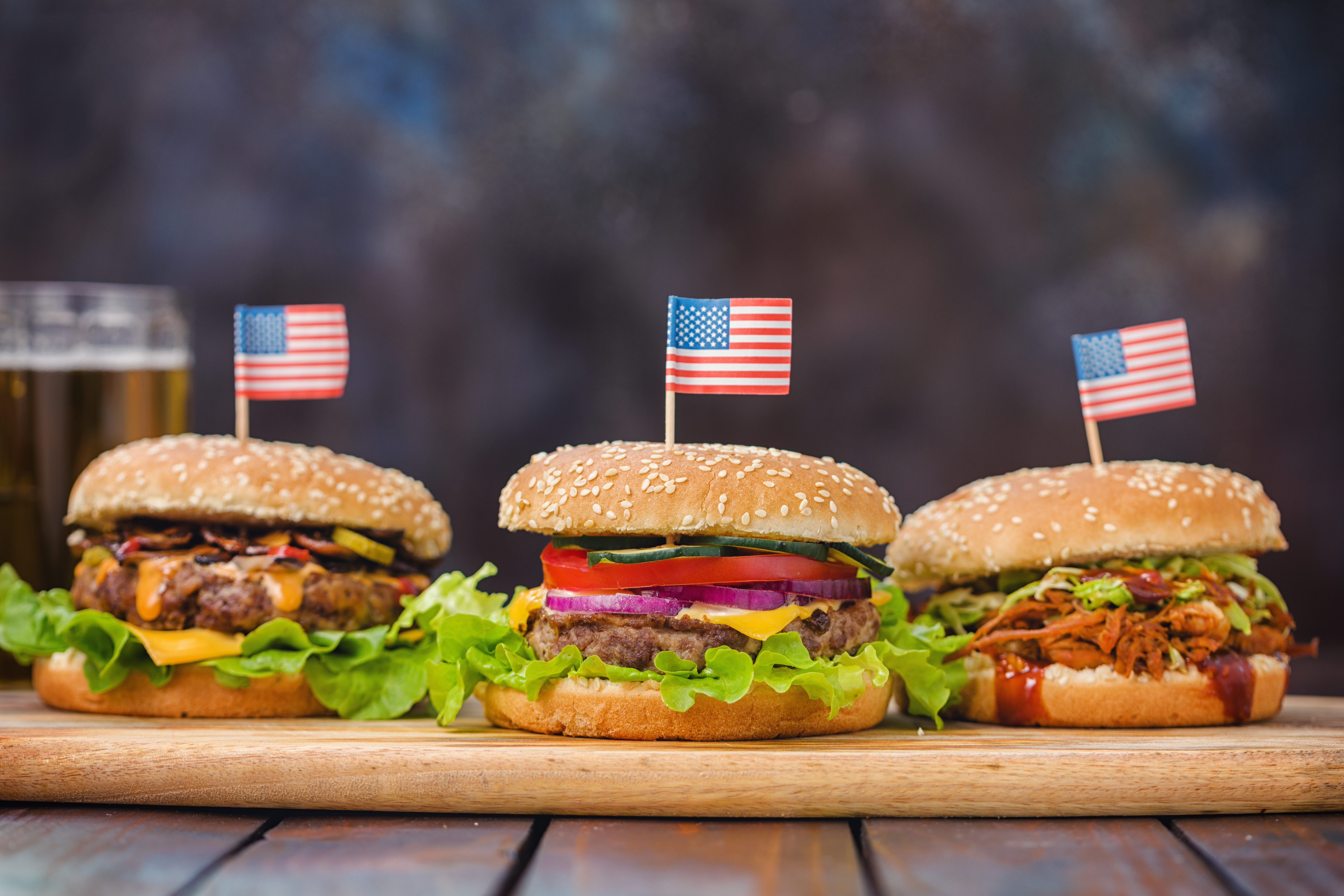The Fourth of July is Americana at its core: parades and cookouts and cold beer and, of course, fireworks.
Those pyrotechnics also make it an especially dangerous holiday, typically resulting in more than 10,000 trips to the emergency room. Yet fireworks remain at the center of Independence Day, a holiday 247 years in the making.
Here are five things to know about July Fourth, including the origin of the holiday, why we celebrate it and how fireworks became part of the tradition.
What's the origin of Independence Day?
The holiday celebrates the Second Continental Congress’ unanimous adoption of the Declaration of Independence on July 4, 1776, a document announcing the colonies’ separation from Great Britain.
One year later, according to the Library of Congress, a spontaneous celebration in Philadelphia marked the anniversary of American independence.
But across the burgeoning nation, observations didn’t become commonplace until after the War of 1812. It quickly took off: The Library of Congress notes that major historic events in the 19th century, such as groundbreaking ceremonies for the Erie Canal and the Baltimore and Ohio Railroad, were scheduled to coincide with Fourth of July festivities.
How did fireworks become a part of the Fourth of July tradition?
The display of pyrotechnics has been a big part of Independence Day from the outset. Founding Father John Adams saw it coming.
Feeling out of the loop? We'll catch you up on the Chicago news you need to know. Sign up for the weekly> Chicago Catch-Up newsletter.
Commemoration of America’s independence “ought to be solemnized with Pomp and Parade, with Shews, Games, Sports, Guns, Bells, Bonfires and Illuminations from one End of this Continent to the other from this Time forward forever more,” Adams wrote in a letter to his wife, Abigail, dated July 3, 1776.
Fireworks were around centuries before America became a nation. The American Pyrotechnics Association says many historians believe fireworks were first developed in the second century B.C. in ancient China by throwing bamboo stalks into fires, causing explosions as the hollow air pockets overheated.
By the 15th century, fireworks were widely used for religious festivals and public entertainment in Europe and early U.S. settlers carried on those traditions, the association said.
Has a president ever refused to celebrate?
Presidents from George Washington to Joe Biden have celebrated the nation’s birth on the Fourth of July, with one exception: Adams.
His letter to his wife aside, Adams refused to celebrate the holiday on July 4 because he felt July 2 was the real Independence Day. Why? It was on July 2, 1776, that the Continental Congress voted in favor of the resolution for independence, though the Declaration of Independence wasn’t formally adopted until two days later.
Adams was so adamant that he turned down invitations to festivals and other events, even while serving as the nation’s second president. Ironically, Adams and Thomas Jefferson, the primary author of the Declaration of Independence, both died on the 50th anniversary of the document’s formal adoption, July 4, 1826.
Are fireworks legal in Illinois?
Illinois is one of three states that ban some or all consumer fireworks, though they can be purchased in bordering states like Indiana and Iowa. Under the Pyrotechnic Use Act, which was signed in 1942, the purchase, sale and possession of "consumer fireworks" are prohibited statewide.
However, Illinois residents can legally possess the following items under state law, which are considered "novelty effects" and not "consumer fireworks."
- Smoke devices
- Snake or glow worm pellets
- trick noisemakers known as "party poppers," booby traps," "snappers," "trick matches," "cigarette loads" and
"auto burglar alarms" - Sparklers
- Toy pistols, toy canes, toy guns, or other devices in which paper or plastic caps containing twenty-five hundredths grains (16 mg) or less of explosive compound are used, provided they are so constructed that the hand cannot come in contact with the cap when in place for the explosion
- Toy pistol paper or plastic caps that contain less than twenty hundredths grains (13 mg) of explosive mixture
It's important to check your local laws regarding novelty effects. Each municipality can implement an ordinance banning such items, so you'll want to see what the situation is in your community before purchasing. For example, in the city of Chicago, all fireworks, including sparklers, are illegal.
A full list of what kinds of fireworks are legal in Illinois can be found here.



